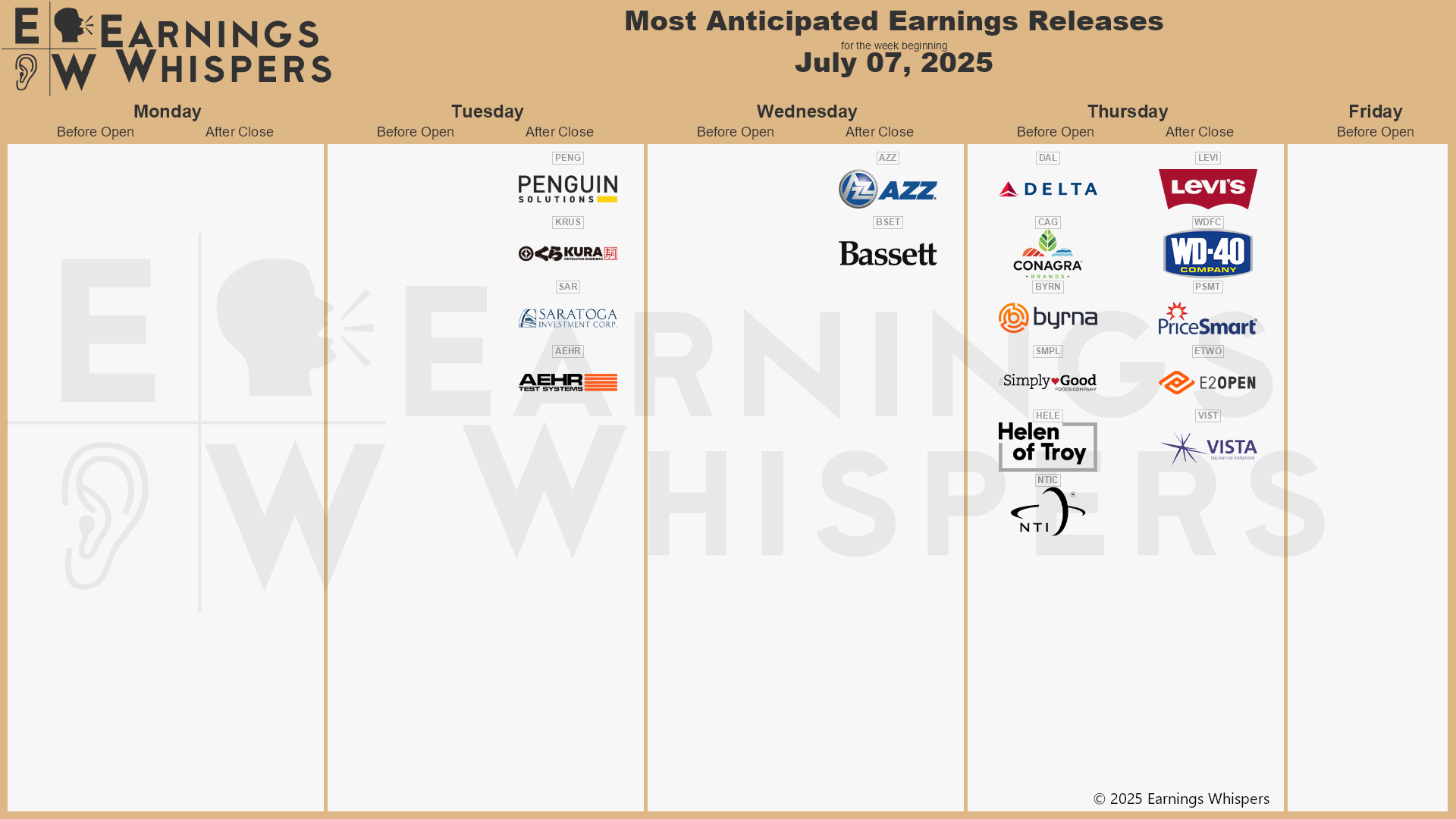The Sugar High of Hype:
Why True Financial Planning Isn’t Sexy…
But It Works
Back in 2023, you couldn’t walk into a middle school or youth lacrosse game without seeing some kid flexing a bottle of Prime like it was a Rolex. It was the status symbol. Created by YouTube stars KSI and Logan Paul, Prime was everywhere, on Snapchat stories, in convenience stores, banned from classrooms, and being resold like Jordan 1s on eBay.
Fast-forward to this year, Prime just lost 70% of its sales in the UK. Profits were down 90%. Market share? Vanished.
And the reason? Simple.
They confused virality with value.
The product wasn’t bad per se, but it wasn’t good enough to justify staying power. Kids wanted to be part of the moment, but not the mission. That kind of sugar high doesn’t last.
And if you think this is just about overpriced electrolyte water, think again.
Because of this? This is precisely what happens when people chase investment hype instead of building a financial life around long-term planning.
What Prime Got Wrong Is What Wall Street Sells Every Day
Let’s be honest, most people’s first introduction to financial advice comes through the hype machine:
- “This AI fund is up 48% YTD!”
- “Private credit is the new gold rush.”
- “You’re not invested in this tactical macro alpha fund? What are you even doing?”
- The financial industry is full of Primes.
Flashy. Loud. Over-engineered. And often totally divorced from whether the strategy is actually right for you.
Just as Prime prioritized distribution before achieving product-market fit, many investment firms are scaling up marketing budgets before they stop to ask: “Does this product actually align with someone’s real-life financial goals?”
Repeat Purchase Rate = Relationship
One of the most fascinating stats from the Prime debacle?
Prime’s repeat purchase rate among
Gen Z: 12%
Coca-Cola’s: 68%
What’s the investment industry’s repeat rate? Not literally, of course, but how many people stay invested in the same strategy long enough to let it compound?
According to DALBAR, the average equity investor underperforms the market by a significant margin. Why? They jump ship the second something else looks flashier.
They bought the Prime equivalent of an investment: expensive, trendy, and poorly understood.
It’s easy to get someone’s attention. It’s much harder to earn their trust over the course of decades.
Planning Is the Product
At Forefront, we often say:
“The plan is the product, not the portfolio.”
Your portfolio? That’s the delivery system.
The real value is in knowing where you’re going and why.
It’s in things like:
- Understanding your taxes in retirement.
- Making sure your kids can go to college without you sacrificing your financial independence.
- Managing risk, not just in the markets, but in your marriage, your business, and your health.
That’s not sexy. It doesn’t make headlines. No one’s tweeting about “my awesome backdoor Roth conversion this year.” But that’s the stuff that compounds.
Hype Sells. Substance Serves.
Here’s the brutal truth: most of Wall Street is built on sugar highs.
Fund managers know that performance is the bait. That fear and greed are the hooks. That if they just make something sound exclusive enough, you’ll ignore the fine print and buy in.
But what happens when the hype fades? When returns normalize? When life throws you a curveball?
If your financial plan is built on flash, you’ll burn out, just like Prime.
But if it’s built on fundamentals, on intentional planning, tax strategy, and long-term relationships, then you’ve built something that lasts.
Your Financial Life Shouldn’t Depend on “Likes”
Think about it this way: the 13-year-olds who made Prime a billion-dollar rocket ship are now 15. And they’ve moved on because 15-year-olds don’t want what 13-year-olds want.
That’s also true of your money.
The “hot” strategy you bought into at 30 probably won’t serve you at 45. The goals change. The risks change. Your lifestyle changes. And if your plan doesn’t change with it, you’re just chasing a new sugar high every few years and calling it progress.
Let’s ask deeper questions:
- What are you optimizing for: returns or freedom?
- Do you know your lifetime tax rate?
- What does money actually do for you?
And most importantly:
Are you building something that can last, even after the hype fades?
Stock market calendar this week:
| Time (ET) | Report |
| MONDAY, JULY 7 | |
| None scheduled | |
| TUESDAY, JULY 8 | |
| 6:00 AM | NFIB optimism index |
| 3:00 PM | Consumer credit |
| WEDNESDAY, JULY 9 | |
| 10:00 AM | Wholesale inventories |
| 2:00 PM | Minutes of Fed’s May FOMC meeting |
| THURSDAY, JULY 10 | |
| 8:30 AM | Initial jobless claims |
| 10:00 AM | St. Louis Fed President Alberto Musalem speech |
| 2:30 PM | San Francisco Fed President Mary Daly speech |
| FRIDAY, JULY 11 | |
| 2:00 PM | Monthly U.S. federal budget |
Most anticipated earnings for this week

Did you miss our last blog?
The Money Talk That Isn’t Really About Money
About Amit: I am a first generation American, the son of a working-class Indian family, and I lived through my parents’ struggle to find their place in this country, to put down roots that would sustain them as well as their children in a new land. As they encouraged me to excel in school and fostered my hobbies and interests, I was keenly aware of the dynamic between them. I understood that there was a difference between where they came from individually and where we were now. They worked hard in their individual capacities, but they weren’t always on the same page about financial issues – and that can make or break a family’s future. I didn’t know it at the time, but this laid the groundwork for my passion towards financial services and helping families succeed.

